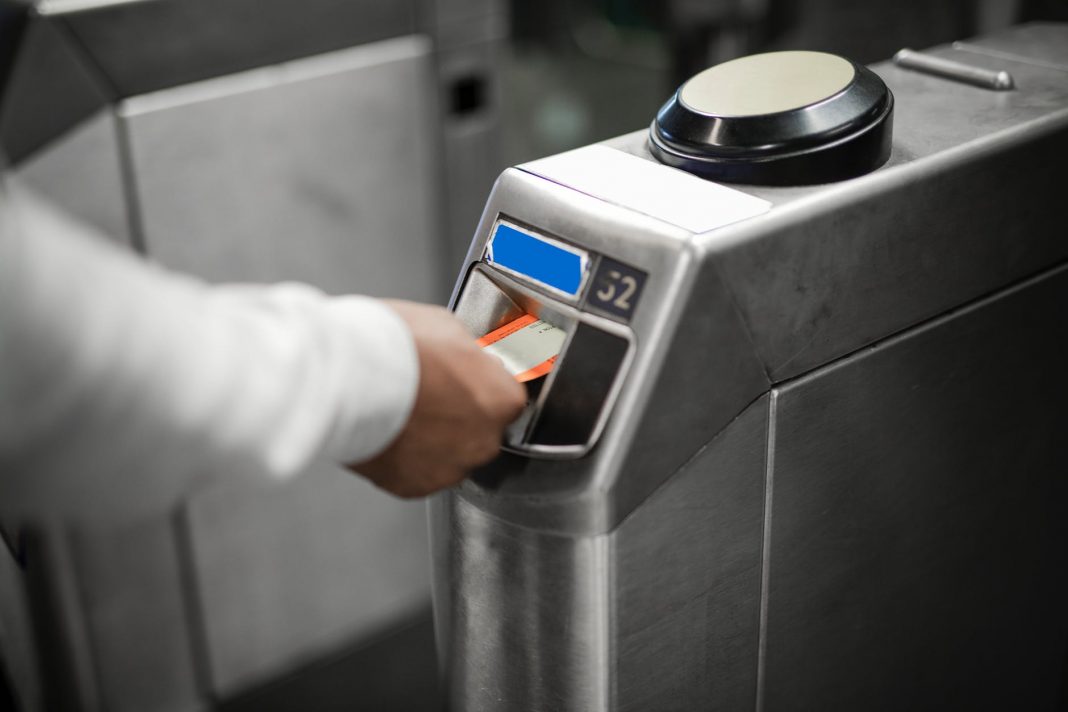Commuting is expensive. With the recent rail increase hitting pockets hard, here are some ways to cut the cost of commuting in the UK.
- Book 12 Weeks In Advance To Obtain The Lowest Fares
Most of the train operators will release fares at the lowest price 12 weeks prior to travel. Availability will often be limited, while the prices will start to increase with each passing week.
You can set up an alert through Trainline.com, where you will be sent notifications by email when the tickets for the dates that you plan to travel become available. Keep in mind that if you would like to book your return at the same time which would be a date that is later, you will probably need to wait until the release of that batch.
- Check On Discounts, Even If It Is The Day Before
If you have plans to travel within a few days, there is a chance that you can still take advantage of cheaper ticket prices. You will pay the most for your train fare if you pay on the day that you are traveling, but you are still able to save a bit of money when you book one day before. Some of the operators will still offer a discount if you make your booking by midnight. Keeping up to date on discounts will give you more control over your personal finance.
- Change The Route
Your trip may take slightly longer, but when there are different train operators that will arrive at the same destination, it could be worth your while to check if any of these operators, usually a stopping-service, might be a cheaper option for you.
- Plan Your Trip Off-Peak
Deciding to travel early in the morning is usually more expensive, while most of the routes will add a premium fee for the rush hour in the evening. If you are able to change the time you plan to travel in order to avoid peak time, you can usually take advantage of a lower fee.
- Choose Your Tickets
There are a couple of quirks when it comes to train fares which usually do not make sense. For example, one return ticket usually costs more than 2 single tickets. Another example would be buying an Advance First Class ticket which is cheaper than the standard tickets. Make sure you do a bit of research to obtain the best deal.
- Buy A Railcard
If you use trains on a frequent basis, buying a Railcard can save you as much as one third on the majority of fares. You should also look out for discounts which are usually only available over a limited time. However, there are a few restrictions that you need to be aware of when it comes to the railcard type that you buy. This includes the times that you are allowed to travel, or if anyone else can use this discount.
- Split Your Tickets
Some websites recommend splitting your train tickets to save money. This doesn’t mean that you need to split the journey. It is even possible to travel on one train, and even your same seat. It just means that you will have a different ticket for each part of your journey.
Split tickets can usually work out cheaper for journeys that are complicated or if you are traveling within the next day or two. You can use the Tickety Split app or visit Ticketclever.com to find out whether they can assist you in saving on your next ticket purchase.
- Purchase A Season Ticket
All types of commuters are able to save when they buy annual season tickets. They can be expensive upfront, yet there are few ways to work around this.
You can first find out whether your employer offers loans for annual season tickets. In this way, the repayment is deducted automatically from your salary before it reaches you. This can also help you with tax savings. You can also purchase your season ticket using a 0% Purchase Credit Card. Make sure you keep up with the repayments and that you have paid off the balance before your interest-free period ends.
If both these options do not work, you can also look into Commuter Club. They will lend you the funds at 5.6% interest to purchase your season ticket. This still works out to savings when compared to having to buy weekly or monthly season tickets.
Photo by rawpixel.com from Pexels




